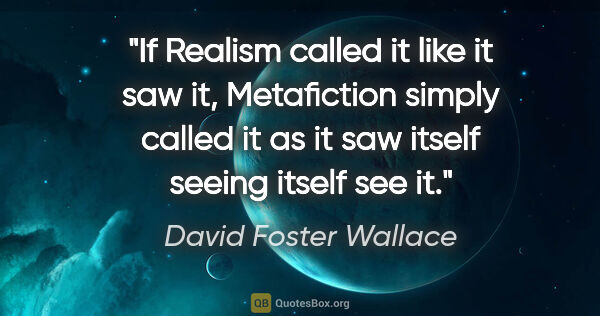Calls Quotes (page 22)
We like to stress the commonness of heroes. Essences seem undemocratic. We feel oppressed by the call to greatness. We regard an interest in glory or perfection as a sign of mental unhealthiness, and have decided that high achievers, who are called overachievers, owe their surplus ambition to a defect in mothering (either too little or too much). We want to admire but think we have a right not to be intimidated. We dislike feeling inferior to an ideal. So away with ideals, with...
Susan Sontag
The dining table was a plain board called by that name. It was hung on the wall when not in use, and was perched on the diners' knees when food was served. Over time, the word board came to signify not just the dining surface but the meal itself, which is where the board comes from in room and board. It also explains why lodgers are called boarders.
Bill Bryson

Such grace is costly because it calls us to follow, and it is grace because it calls us to follow Jesus Christ. It is costly because it costs a man his life, and it is grace because it gives a man the only true life...Grace is costly because it compels a man to submit to the yoke of Christ and follow him; it is grace because Jesus says: "My yoke is easy and my burden is light.
Dietrich Bonhoeffer
God’s training is for now, not presently. His purpose is for this minute, not for something in the future. we have nothing to do with the afterwards of obedience; we can get it wrong when we think of the afterwards. what men call training and preparation, God calls the end… if we realize that obedience is the end, then each moment is precious.
Oswald Chambers
Sign on, young man, and sail with me. The stature of our homeland is no more than the measure of ourselves. Our job is to keep her free. Our will is to keep the torch of freedom burning for all. To this solemn purpose we call on the young, the brave, the strong, and the free. Heed my call, Come to the sea. Come Sail with me.
John Paul Jones
Both art and science are bent on the understanding of the forces that shape existence, and both call for a dedication to what is. Neither of them can tolerate capricious subjectivity because both are subject to their criteria of truth. Both require precision, order, and discipline because no comprehensible statement can be made without these. Both accept the sensory world as what the Middle Ages called signatura regrum, the signature of things, but in quite different ways.
Rudolf Arnheim
